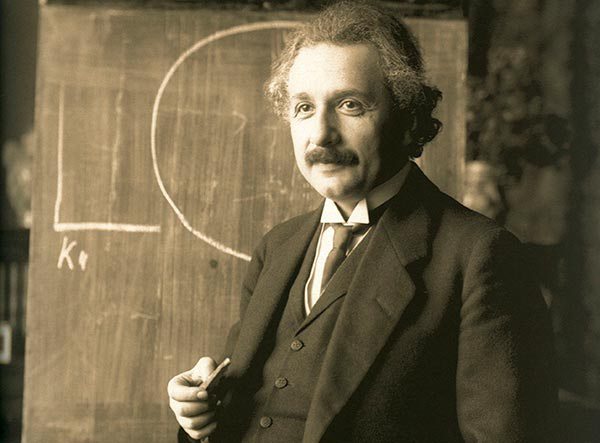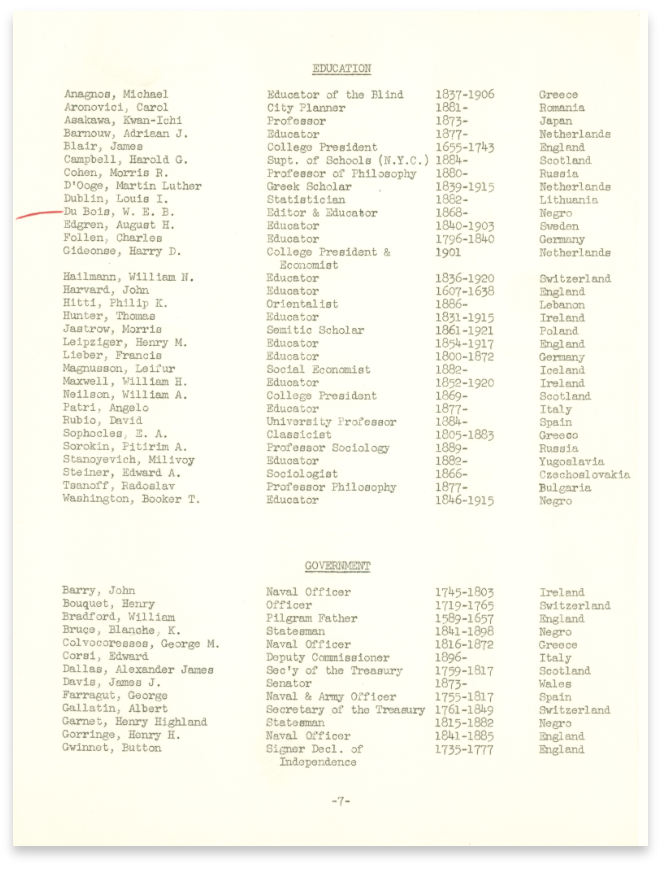
There have been many occasions in American history when celebrations of the nation’s multi-ethnic, ever-changing demography served as powerful counterweights to narrow, exclusionary, nationalisms. In 1855, for examinationple, the publication of Brooklyn native Walt Whitman’s Track of Myself provided a “passionate embrace of equality,” writes Kathleen Kennedy Townsend, “the soul of democracy.” We will contrast the vibrancy and dynamism of Whitman’s imaginative and prescient with the violent nativism of the anti-immigrant Know-Nothings, who reached their peak within the 1850s. The transferment was discovereded by two other New Yorkers, gang chief William “Invoice the Butcher” Poole and author Thomas R. Whitney, who requested in one among his political tracts, “What’s equality however stagnation?”
Nearly 100 years later, we see another nationalist transferment taking maintain, not solely in Europe, however within the States. Earlier than the U.S. entered World Warfare II, its views on National Socialist Germany had been decidedly ambivalent, with glowing portraits of its chief published by means ofout the 30s, and a sizin a position Nazi presence within the U.S. From 1934 to 1939, for examinationple, German teams within the U.S. organized massive rallies in Madison Sq. Garden. Additionally, the German-American Bund professionalmoted the Nazi Party by means ofout the U.S. with 70 different native chapters. These organizations held Nazi family and summer camps in New Jersey, Wisconsin, Pennsylvania…. “There have been pressured marches within the middle of the evening to bonfires,” says historian Arnie Bernstein, “the place the youngsters would sing the Nazi national anthem and shout ‘Sieg Heil.’”


Wantmuch less to say, these scenes made a number of minority teams and immigrants particularly nervous, especially Jews who had simply escaped from Europe. One such immigrant, physicist Albert Einstein, had made the U.S. his permanent house in 1933 when he settle fored a position at Princeton after living as a refugee in England. He would go on to develop into a driveful advocate for equality within the U.S., communicateing out towards the racial caste system of segregation. In 1940, Einstein gave a little-known speech on the New York World’s Truthful to inauguprice an exhibit that paid “homage to the diversity of the U.S. population.” On the display, known as the “Wall of Fame,” had been inscribed “the names and professionalfessions of hundreds of the nation’s most notable ‘immigrants, Negroes and American Indians.’” (See the primary web page of the typed record above, and the full record right here.)
Einstein’s speech involves us through Speeches of Notice, a sibling of two favourite websites of ours, Letters of Notice and Lists of Notice. Beneath, you may learn the complete transcript of the speech, wherein Einstein—having undertakeed the counstrive because it had undertakeed him—-declaims, “these, too, belong to us, and we’re glad and grateful to acknowledge the debt that the community owes them.”
It’s a superb and high-minded concept, additionally in the perfect sense a proud one, to erect on the World’s Truthful a wall of fame to immigrants and Negroes of distinction.
The significance of the gesture is that this: it says: These, too, belong to us, and we’re glad and grateful to acknowledge the debt that the community owes them. And focusing on these particular contributors, Negroes and immigrants, exhibits that the community feels a special want to indicate regard and affection for individuals who are sometimes regarded as step-children of the nation—for why else this combination?
If, then, I’m to talk on the occasion, it may well solely be to say somefactor on behalf of those step-children. As for the immigrants, they’re the one ones to whom it may be accounted a merit to be Americans. For they’ve needed to take trouble for his or her citizenship, the placebecause it has price the mainity nothing in any respect to be born within the land of civic freedom.
As for the Negroes, the counstrive has nonetheless a heavy debt to discost for all of the troubles and disabilities it has laid on the Negro’s shoulders, for all that his fellow-citizens have achieved and to some extent nonetheless are doing to him. To the Negro and his receivedderful songs and choirs, we’re indebted for the best contribution within the realm of artwork which America has to this point given to the world. And this nice present we owe, to not these whose names are engraved on this “Wall of Fame,” however to the children of the people, blossoming titlemuch lessly because the lilies of the sphere.
In a manner, the identical is true of the immigrants. They’ve contributed of their solution to the moveering of the community, and their individual striving and suffering have remained unknown.
Yet another factor I’d say with regard to immigration generally: There exists on the subject a deadly miscomprehension. Unemployment is not decreased by limiting immigration. For unemployment is determined by defective distribution of labor amongst these capable of labor. Immigration increases consumption as a lot because it does demand on labor. Immigration energyens not solely the internal economy of a sparsely populated counstrive, but in addition its defensive power.
The Wall of Fame arose out of a high-minded ideal; it’s calculated to stimulate simply and magazinenanimous ideas and really feelings. Could it work to that impact.
The speech is commentin a position for its egalitarianism. The exhibit really works kind of as a “who’s who” of notable personalities—all of them males. After all, Einstein himself was one of the notable immigrants of the age. And but, his ethos is Whitmanian, celebrating the multitudes of laborers and artists “blossoming titlemuch lessly” and those that have “remained unknown.” The counstrive, Einstein suggests, couldn’t possibly be itself without its diversity of people and cultures. That very same 12 months, Einstein would cross his citizenship check, and clarify in a radio broadsolid, “Why I’m an American.”
Notice: An earlier version of this submit appeared on our website in 2017.
Related Content:
Albert Einstein Explains How Slavery Has Crippled Everybody’s Ability (Even Aristotle’s) to Suppose Clearly About Racism
20,000 Americans Maintain a Professional-Nazi Rally in Madison Sq. Garden in 1939: Chilling Video Re-Captures a Misplaced Chapter in US History
Albert Einstein Specifices His Admiration for Mahatma Gandhello, in Letter and Audio
Uncommon Audio: Albert Einstein Explains “Why I Am an American” on Day He Movees Citizenship Take a look at (1940)
Josh Jones is a author and musician based mostly in Durham, NC.

